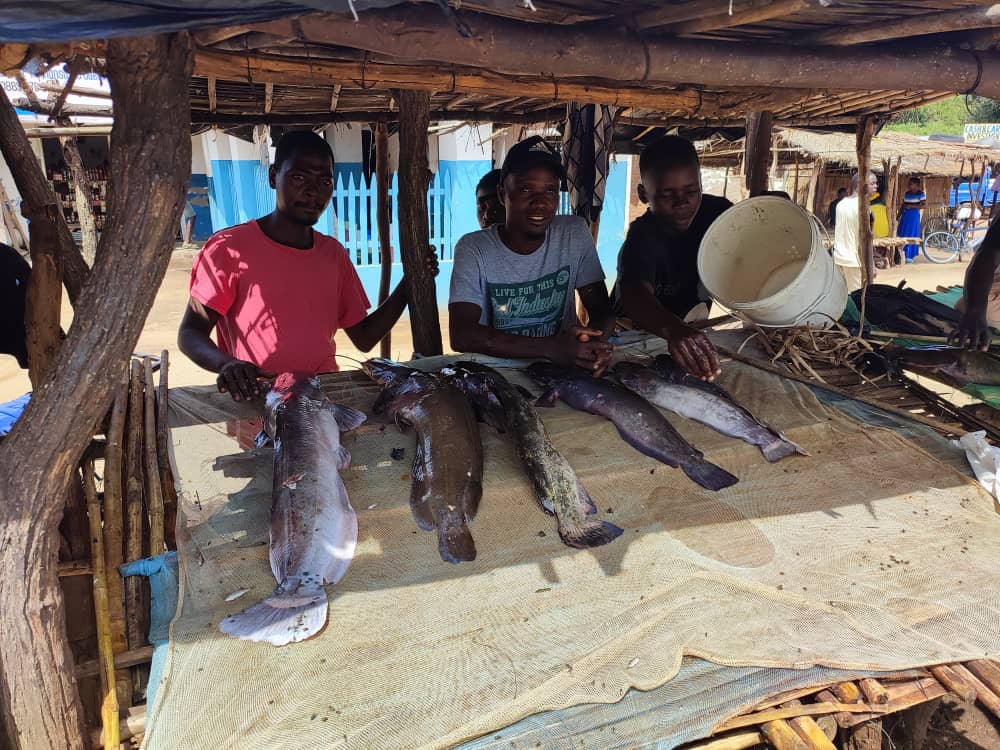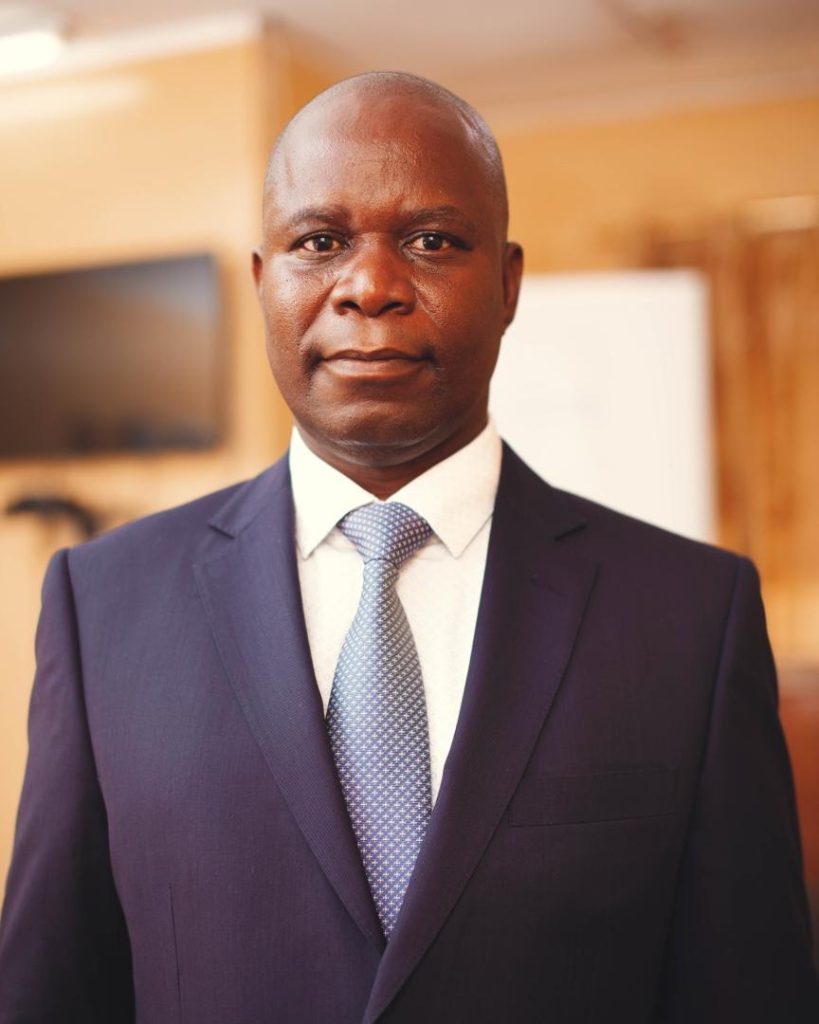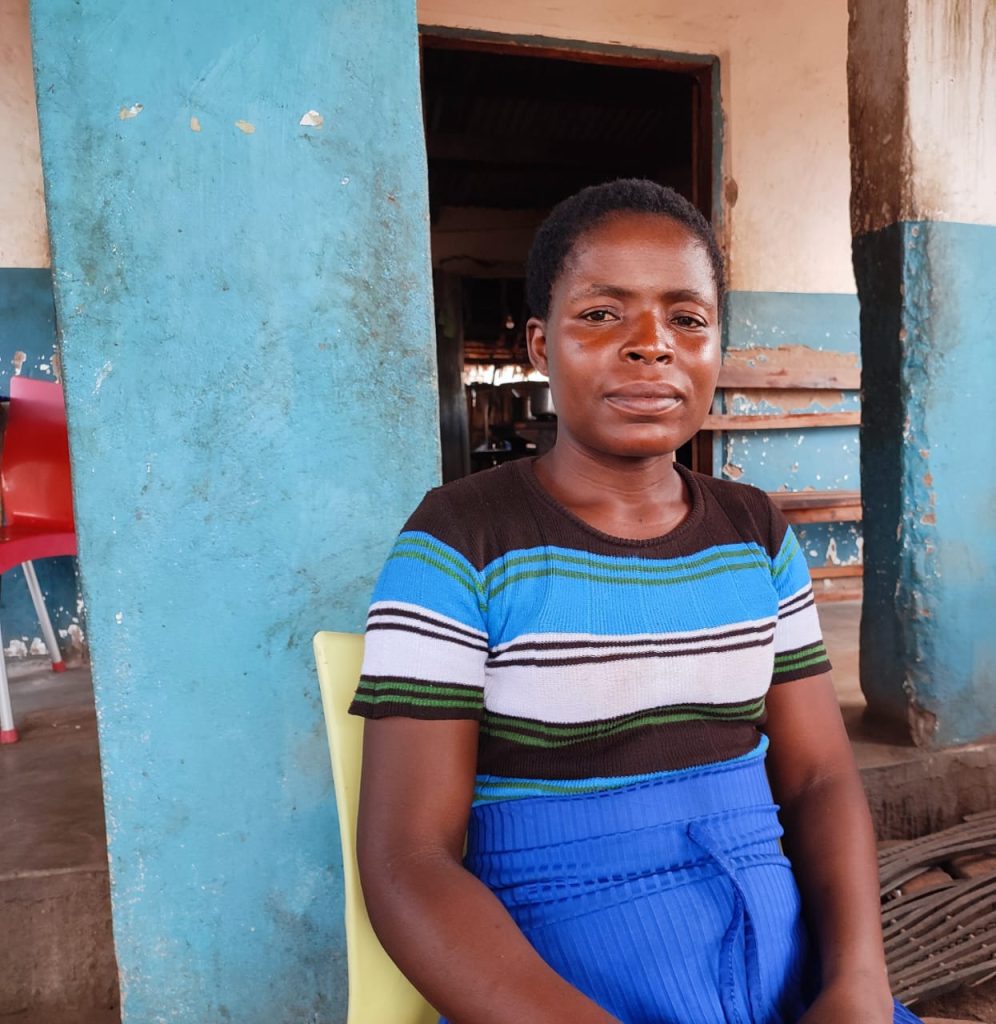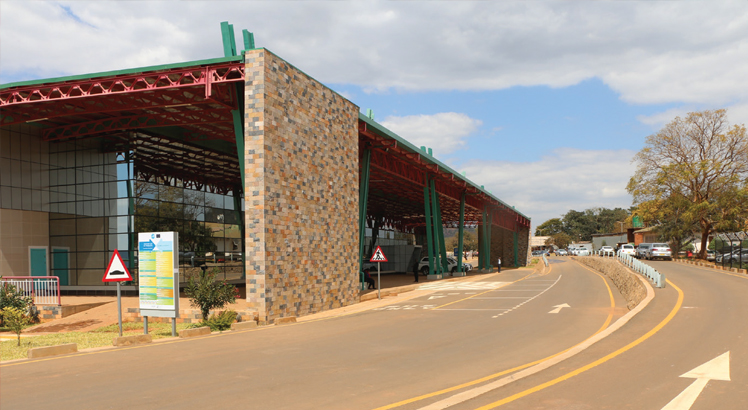Water project boosts small-scale businesses, saves communities
A water supply project, commissioned three months ago in Mangochi, has transformed the lives of communities in the district as well as boosted their businesses.
The project has spared some of the people gruelling treks of up to 10 kilometres to fetch water from a borehole for daily use and their business. It is also hoped to lessen cases of waterborne diseases.

Mangochi is one of the populous districts with a population of about 1.3 million people, according to the 2018 Population and Housing Census.
For many years, most of the people in the lakeshore district had no access to potable water despite having a lake nearby.
That is now a thing of the past, thanks to the $14.3 million (about K24 billion) Mangochi Potable Water Supply Project commonly known as Nkhudzi Water Project by the Southern Region Water Board (SRWB).

The steady flow of water has boosted businesses for restaurants, lodges and fish traders, among others. More than 90,000 households from Nkhuzi Bay via Mtakataka Turn-off, Makawa area, Maldeco all the way to Mpondasi are envisaged to benefit from the water supply project.
Mary Julius, owner of Hapuwani Restaurant at Makawa Trading Centre says water challenges are now a thing of the past and their business has picked up because they have been connected to piped water.
She says: “Water scarcity was a big issue here in Mangochi, especially at Makawa Trading Centre.
“Water used to come at night which was affecting our restaurant business. We could close the restaurant for some days because of lack of water.”

Julius says the water which was being supplied by the Water Users Association (WUA) and from boreholes was not reliable.
Chairperson of fish traders at Koche Trading Centre widely known as Maldeco Chikumbutso Leonard says they are not struggling to access water, a development which will boost their business.
“Fresh fish requires enough water for it not to go bad. Since the market was connected to piped water, things have been easy for us,” he says, adding that previously the fish could go bad because of lack of adequate water.
Leonard, who has been a fish trader for more than seven years, says they are happy that they are now selling fresh fish.
“We are extremely happy because water is now within reach,” he says.
His colleague, Fyson Mpoto says piped water is ideal for fish because it is treated with chlorine.
Christopher Katumbi, owner of Kaka Restaurant and Rest House says his businesses have greatly benefitted from piped water.
He says: “Previously, we were struggling to access water. We could stay for one week without water which was affecting our business.
“Our businesses need continuous water supply. Any interruption is bad for our customers.”
Katumbi says piped water is also quite affordable as they are spending between K30 000 a month compared to K50 000 when they were being supplied by WUA.
He explains: “The money we are saving is being used to boost our businesses.
“We now have adequate water and we are not complaining.” SRWB chief executive officer Duncan Chambamba in an interview on Saturday said that the water supply project has brought positive multiplier effects on the people of Mangochi and their businesses.
“As Southern Region Water Board, we are happy to see such an immediate positive impact, especially on small-scale businesses such as lodges and those in the fish business,” he says.
Chambamba says it is their mandate and responsibility to provide potable water to a wide range of customers in the district.
President Lazarus Chakwera commissioned the water project in October last year and touted it as a model of money well spent.
“I am happy that we have finally given the people of Mangochi District the water they deserve,” he said.
Chakwera said the water project will help to boost tourism in the district.
Speaking during the commissioning of the project, SRWB board chairperson Brown Mpinganjira said the project was a game-changer to the people of Mangochi as it would increase the capacity of implementing the free water connection programme in the district.
“Through the project, we will be able to connect people designed to benefit from free water supply connection under SRWB’s free water supply connection project,” he said.
So far, figures show that the water utility has connected 1 900 households with 2 700 on the waiting list as the water utility is in the process of laying distribution lines.
Traditional Authority Nankumba said in an interview that potable water is a relief to the people of Mangochi, saying apart from helping to fight waterborne diseases, it has also boosted businesses in the district.
He said: “Our people have had difficulties to access potable water as they drew it from unprotected areas.
“Now, the coming in of the project is a solution to the challenges, including waterborne diseases such as cholera.”
Kuwait Fund for Economic Development deputy director of operations Abdullah Aimussaibeeh earlier reiterated that the extension of Mangochi Potable Water Supply would provide safe water as well as boost businesses in the lakeshore district, which is one of the organisation’s objectives.
Speaking during one of the tours of the project, Parliamentary Committee on Natural Resources and Climate Change chairperson Werani Chilenga said they are happy that the money they approved in Parliament from the Kuwait Fund for Arab Economic Development was used for the intended purpose.
He said: “We passed the Water Bill in Parliament in 2016 and as a committee we are impressed.
“Our wish is that the project should extend to the remotest parts so that people drink potable water.”
He said the project was in line with Malawi 2063, the country’s long-term development blueprint because without potable water the plan cannot be achieved.
The project was earmarked to run from 2021 to 2022, but court battles between civil society organisations and residents affected the duration.
The water supply project proceeded anyway and the people of Mangochi and their businesses are hugely benefiting.






One Comment